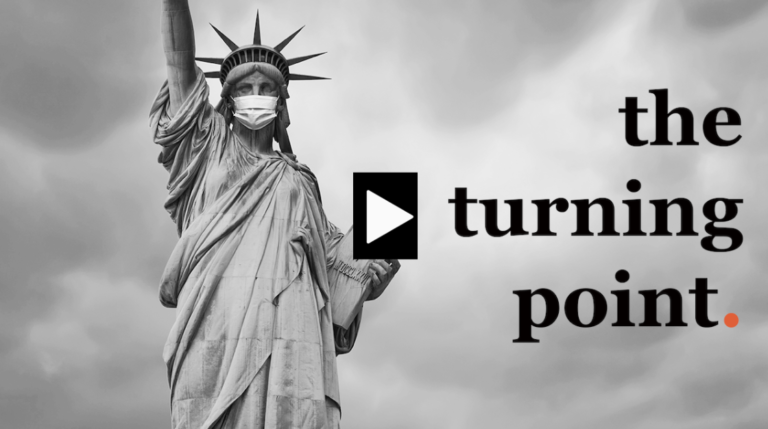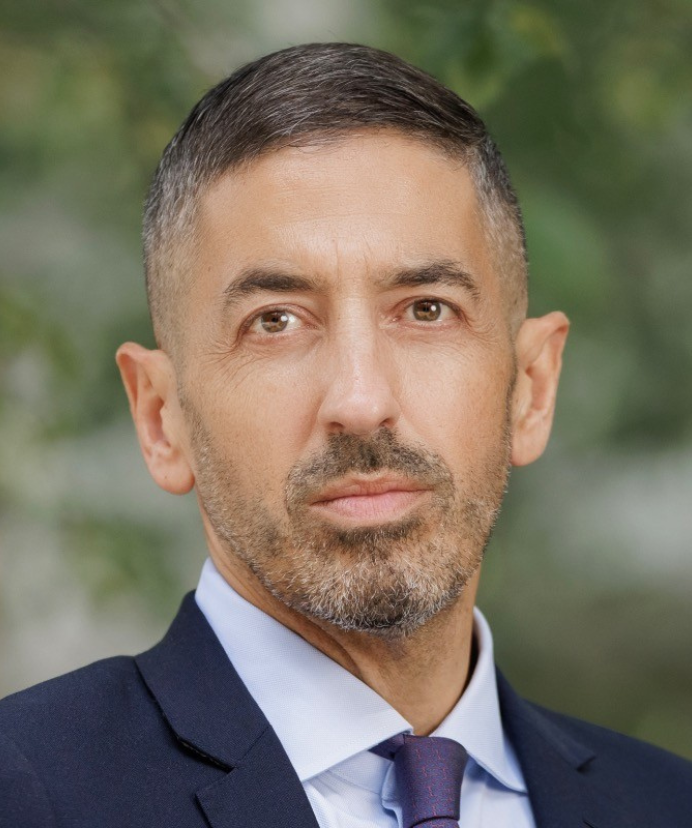Introduction
In The Turning Point’s weekly essays, we will look backward and forward. What lessons have we absorbed during 2020, and will we learn as 2021 unfolds, that can guide us to the creation of a better, healthier world?

Read Time: 3 minutes
Published:
2021 stands to be a turning point year. 2020 brought a global pandemic, an economic collapse, and civil unrest that galvanized the country and the world. With an effective Covid-19 vaccine now available, 2021 promises a collective re-emergence from the traumas of last year. What will a post-Covid-19 world hold? How will our reality be reshaped? If we are at a turning point, moving beyond the ravages of a Covid-19 year, we need to talk about loss, but we also need to talk about hope.
Hope lies in the opportunity we have in 2021 to shape the social, economic, environmental, and political forces around us to create better health, this year, and in coming years. We are at moment when our idea of public health has broadened beyond our continuing interest in medical care, doctors, and medications. There is now a wider understanding that a nation’s policies and institutions create the conditions for health to flourish. This includes the conditions of our neighborhoods, our social safety net, and our threatened environment. Our shortcomings in these contexts promoted the spread of Covid-19.
In The Turning Point’s weekly essays, we will look backward and forward. What lessons have we absorbed during 2020, and will we learn as 2021 unfolds, that can guide us to the creation of a better, healthier world? In what ways did 2020 reveal past mistakes that we still seem unready to confront? What did we know before 2020, but refused to act on during the pandemic that we are now ready to tackle? What is new to the work of public health in 2021?
The Turning Point will be a series of reflections, situated historically. We will follow the news and deliberate on what we learn throughout the year, and the implications that these learnings have for the work of public health. We will look for structural divides that once again appeared along the lines of race and economic inequality in 2020 to see if they are to be repaired or reconceived, with resources re-allocated in 2021. But progress is never uninterrupted. A novel coronavirus, an economic collapse, and renewed attention to existing systems of injustice might not be enough for us to improve the foundations of health in the United States. But we hope they are.
Warmly,
Michael Stein & Sandro Galea
As we re-emerge from the pandemic, 2021 stands to be a turning point year for public health. In The Turning Point’s weekly essays, we reflect on what we learned during 2020, and what we are learning during 2021 that can guide us to the creation of a better, healthier world.




